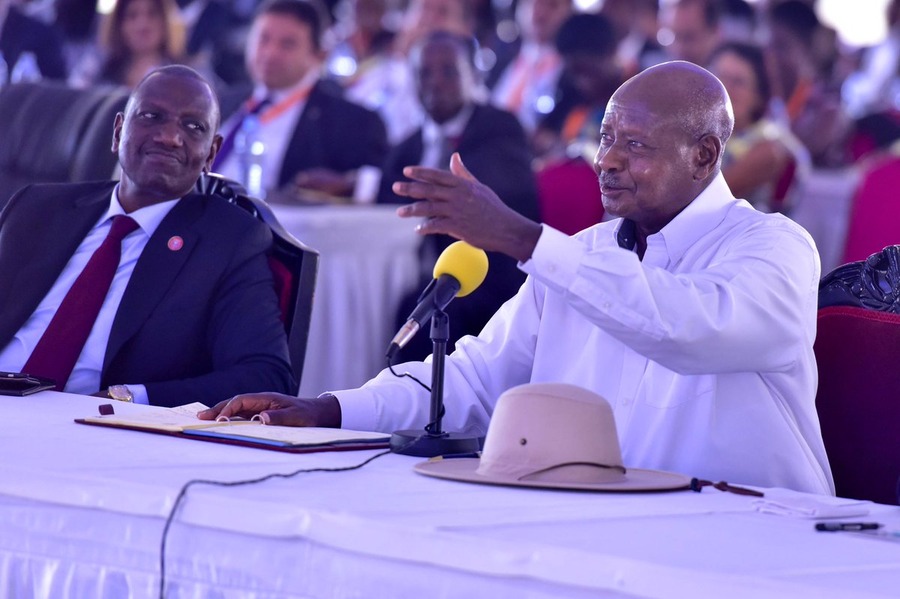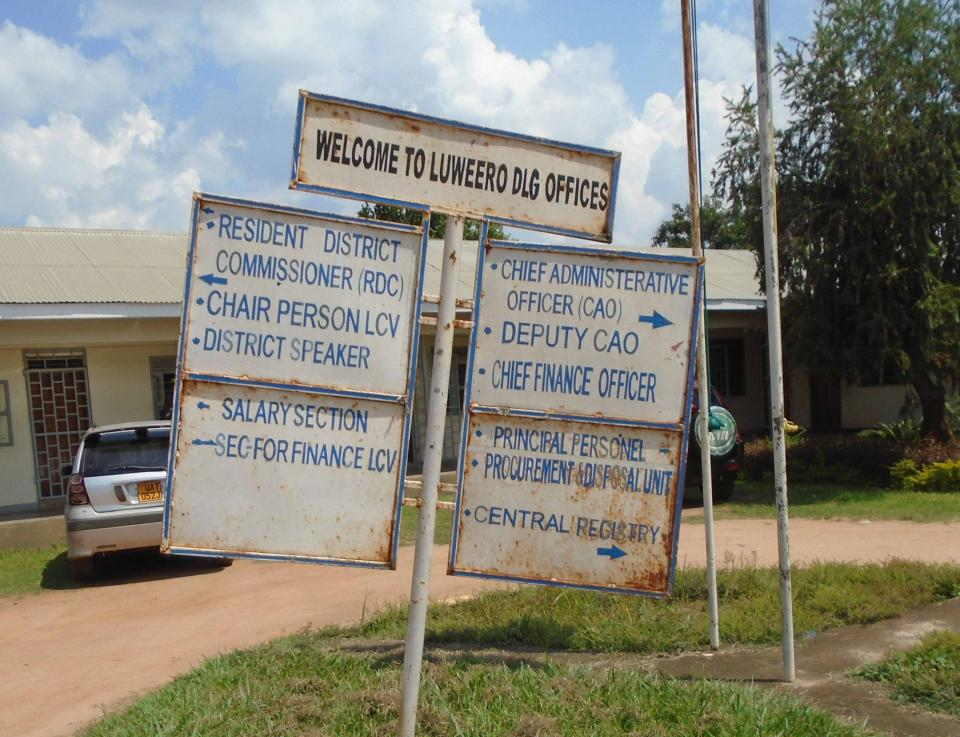There is a looming threat to the economic ties between Uganda and Kenya, as a dispute over petroleum imports raises concerns about the 2024 balance sheet of both countries sharing an approximately 814km border. The root cause of the current trade tension is Kampala’s decision to shift from the Open Tender System (OTS) to a new Government-to-Government (G-to-G) system for importing petroleum products.
Uganda has taken the matter to the East African Court of Justice (EACJ) after Kenya’s Energy and Petroleum Regulatory Authority (EPRA) rejected the Uganda National Oil Company’s (UNOC) request for a Petroleum Import License. UNOC, now responsible for all petroleum product imports, aims to transport them through Kenya’s fuel pipeline, having recently entered a deal with Vitol Bahrain, a Swiss-based Dutch global energy and commodities firm.
Court documents reveal that Kenyan officials initially expressed willingness to support this policy shift under the East African Community Treaty. However, complications arose as UNOC sought a storage and transportation agreement with the Kenya Pipeline Company (KPC), leading to demands from Kenyan authorities for specific regulatory requirements.
Despite UNOC’s attempts to secure the required licenses, EPRA rejected their application, citing a lack of proof of annual sales and ownership of licensed facilities. The situation escalated when the Kenyan High Court issued a conservatory order restraining EPRA from granting UNOC an Import, Export, and Wholesome Products License.
The tension between the two nations dates back to 2016 when Uganda opted to build the East African Crude Pipeline (EACOP) through Tanzania instead of Kenya. The recent dispute adds to the strain, with Kenya’s concerns about losing a significant source of revenue if Uganda chooses an alternate route via Tanzania.
While Ugandan authorities have called for calm, emphasizing that Kenya has not blocked petroleum product imports, the rhetoric from Kampala has been pointed. President Museveni accused Kenyan middlemen of inflating fuel prices, leading Uganda to enact the Petroleum Supply (Amendment) Act, 2023, granting UNOC exclusive rights over petroleum product imports.
As Uganda explores alternative options and evaluates the implications of the trade dispute, questions are raised about regional integration plans within the East African Community. President Museveni’s recent statements on protecting domestic industries and the history of strained relations with Kenya indicate potential challenges in achieving a seamless common market.
The evolving situation also prompts a reevaluation of the once-promising relationship between President Museveni and Kenya’s President Ruto. Despite initial hopes of improved commerce and diplomatic ties, recent trade disputes and conflicting decisions on the importation of goods reveal signs of strain in the bilateral relationship.




















